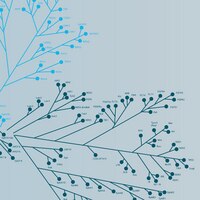14-496M Sigma-AldrichPKCβII Protein, active, 250 µg
Active, N-terminal His6-tagged, recombinant amino acids 2-end of human PKCβII. For use in Kinase Assays.
More>> Active, N-terminal His6-tagged, recombinant amino acids 2-end of human PKCβII. For use in Kinase Assays. Less<<Productos recomendados
Descripción
| Replacement Information |
|---|
| References |
|---|
| Product Information | |
|---|---|
| Quality Level | MQ300 |
| Applications | |
|---|---|
| Application | Active, N-terminal His6-tagged, recombinant amino acids 2-end of human PKCβII. For use in Kinase Assays. |
| Key Applications |
|
| Physicochemical Information |
|---|
| Dimensions |
|---|
| Materials Information |
|---|
| Toxicological Information |
|---|
| Safety Information according to GHS |
|---|
| Safety Information |
|---|
| Storage and Shipping Information | |
|---|---|
| Storage Conditions | 6 months at -70°C |
| Packaging Information | |
|---|---|
| Material Size | 250 µg |
| Material Package | Also available in 10 μg size (cat#14-496) and in bulk (cat# 14-496-K). |
| Transport Information |
|---|
| Supplemental Information |
|---|
| Specifications |
|---|
| Global Trade Item Number | |
|---|---|
| Número de referencia | GTIN |
| 14-496M | 04053252670169 |
Documentation
PKCβII Protein, active, 250 µg Ficha datos de seguridad (MSDS)
| Título |
|---|
PKCβII Protein, active, 250 µg Certificados de análisis
| Cargo | Número de lote |
|---|---|
| PKC beta II - 1588080 | 1588080 |













